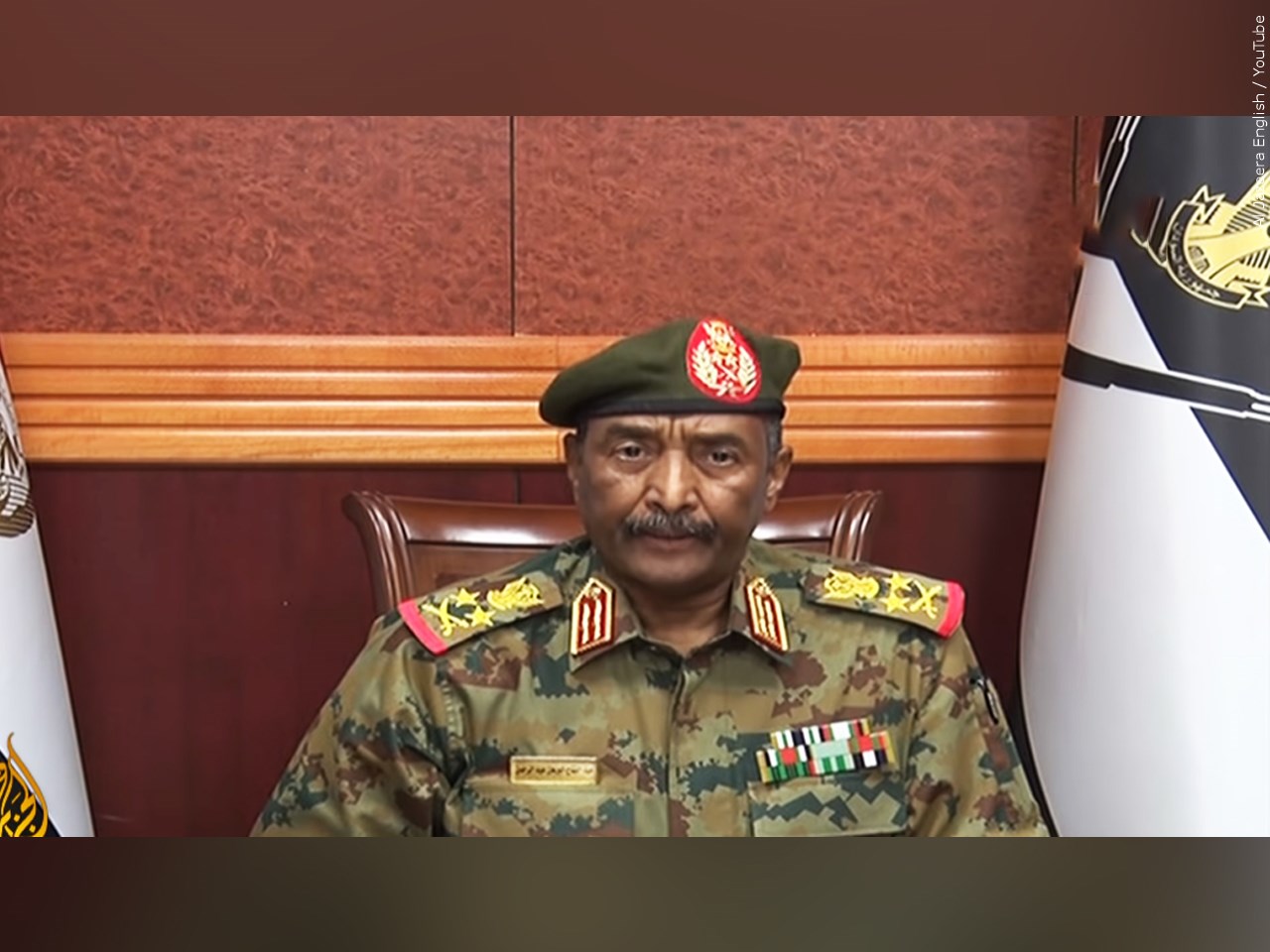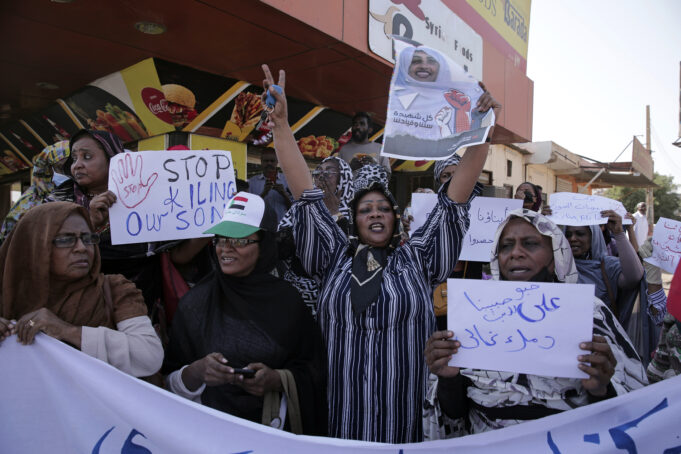How long Sudan’s highly mobilized grassroots movement will stay the course until a civilian government is achieved is anyone’s guess.
Military coup leaders have not come to terms with ever-increasing protests and increasing demands that include no compromise with the ruling military regime.

The movement’s dependence on ever-increasing mass rallies is vitally important. The demonstrations have achieved, in no limit of time, the resignation of Prime Minister Abdalla Hamdok, United Nations “indirect and individual consultations … with Sudanese stakeholders” and Sudan will top the agenda of an upcoming UN Security Council meeting.
But is the public protest movement enough? What more can this movement realistically do to unseat the ruling military regime? With military control of the country’s depleting wealth with the support of Gulf states, how is it possible for the movement to seal the fate of coup leaders?
The Honorable Elijah Muhammad, the patriarch of the Nation of Islam who visited Sudan in 1957, once said to his followers, “History is above all our studies the most attractive and best qualified to reward our research.”
Sudan’s protest movement, or recent “Millions March,” is a great reminder of the historic 1995 Million Man March, the subsequent 10th anniversary “Millions More Movement,” and the 20th anniversary of the “Justice or Else!” march.
Sudanese protest marches, weekly and then bi-weekly in frequency, have attracted tens of thousands and hundreds of thousands of people in multiple cities. That says much about the movement’s organizing prowess, which is similar to the Million Man March on Washington, D.C., convened by the Honorable Minister Louis Farrakhan and subsequent gatherings.
The 1995 Million Man March, which drew some two million Black men to the capital of the United States, still resonates on the African continent without the aid of the corporate run media.
A key difference in Sudan’s growing protest movement, which can be a blessing, is the lack of a single civilian leader. This has kept attention on the neighborhood “Resistance Committees” at the heart of the movement.
Immediately after the 1995 March, Min. Farrakhan embarked on a world tour that included Africa. It opened the continent up and showed the importance of developing ties between Africa and the African Diaspora.

The 20th anniversary of the Million Man March, with its theme “Justice or Else!” could have been scripted with Sudan’s protest movement in mind. The D.C. march’s theme was taken from a 1961 Muhammad Speaks newspaper cover story, which included the headline “Justice or Else.”
During a Philadelphia-area dinner conversation in preparation for the 2015 “Justice Or Else!” gathering, Minister Farrakhan shared his desire that the event provide “leverage” in the fight for justice for Black people.
Later at a pre-anniversary leadership meeting at the 1199C Hospital Union headquarters in downtown Philadelphia, the Minister said, “We’re going up against the enemy of justice.”
And, he asked local leaders, “What is the ‘Or Else?’ ”
“It means if we are denied what rightfully belongs to you, which is freedom, justice and equality, then there has to be a unified action that we take that will force the justice that we seek,” he said. “When you go asking for justice you have to know what justice looks like.”
Min. Farrakhan, who once participated in negotiations between North Sudanese leaders and South Sudan leader John Gurang, explained, “Justice is the greatest principle of fair dealing. … Have we been dealt with fairly?
“Justice is the law that distinguishes between right and wrong. If there were justice, there would be no need for a judgment. So since both Qur’an and Bible talk about a Day of Judgement, that is because the rulers of this world have never fairly, have never dealt rightly or righteously (with those) under their charge.
“Then (the Hon. Elijah Muhammad) said when you lie down, justice lies down with you. When you wake up, justice wakes up with you,” the Minister continued. “Well, what is this justice that lies down and wakes up with me?
“(The Honorable Elijah Muhammad) said justice is the weapon that God will use in the Day of Judgement.”
Min. Farrakhan, who used both Qur’an and Bible in his talk, asked, “How is justice a weapon? Justice is a weapon if you understand the root of the universal order of things.”
Quoting Jesus from the sixth chapter of Galatians, he said, “Jesus said, Be not deceived: God is not mocked: for whatsoever a man soweth that shall he also reap. Whatever you put out, you should expect it to come back in the day of justice, under the law of requital.”
Quoting Obadiah 1:15 in the King James Bible, Min. Farrakhan said, “For the day of the Lord is near upon all the heathen: as thou hast done, it shall be done unto thee: thy reward shall return upon thy (own) head.”
He also talked about Prophet Muhammad, peace be upon him, and the battles against the Quraish. The Muslims in many battles faced overwhelming odds, including in the “Battle of the Ditch,” mentioned in the Holy Qur’an. But, Min. Farrakhan noted, they were able to defeat their enemies at every turn.
“And those who were persecuted for Islam’s sake, those who died (or were martyred) for the cause of righteousness, they lived and are living today in the hearts and minds of the Believers,” Min. Farrakhan said.
Follow @jehronmuhammad on Twitter.













